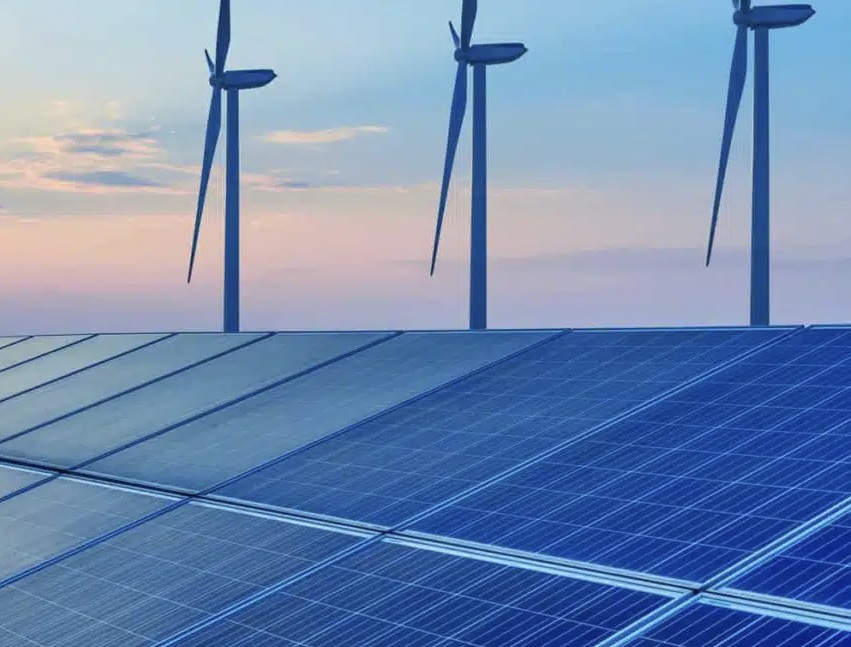Interest from independent power producers (IPPs) seeking to connect renewable energy projects to South Africa’s power grid has surged dramatically, with proposals totaling a remarkable 133 GW. This overwhelming response reflects the growing momentum behind renewable energy as the country strives to diversify its energy mix and address chronic power shortages.
The influx of proposals comes as South Africa continues to face persistent electricity challenges, including rolling blackouts and an aging coal-fired power infrastructure. In a bid to modernize the energy sector, the government has opened up opportunities for private sector investment, encouraging IPPs to contribute to the grid with clean energy solutions.
The 133 GW of proposed projects far exceeds current expectations, underscoring the strong appetite among investors and developers for renewable energy in South Africa. These projects span a range of technologies, including solar, wind, and battery storage, signaling a significant shift towards sustainable energy sources.
The Independent Power Producer Office (IPPO), which oversees the integration of these projects, has been inundated with applications. Officials are optimistic that this surge in interest will help accelerate the transition to a more reliable and sustainable energy grid. The proposed projects, if approved, could play a pivotal role in alleviating the country’s power crisis and reducing its reliance on coal, which currently accounts for the majority of electricity generation.
South Africa’s energy transition has gained significant traction in recent years, driven by a combination of government policy, market demand, and international pressure to reduce carbon emissions. The country is committed to achieving a more balanced energy mix, with renewable energy expected to play a central role in this transformation.
However, integrating such a vast amount of new renewable capacity presents several challenges. The grid will require substantial upgrades to accommodate the intermittent nature of renewable energy sources and ensure stability. Additionally, regulatory frameworks must be updated to facilitate the efficient connection of these projects to the grid.
The government’s Renewable Energy Independent Power Producer Procurement Program (REIPPPP) has been a key driver in attracting IPP interest. This program, which has successfully brought several renewable projects online in the past, continues to be a cornerstone of South Africa’s energy strategy. The latest round of proposals indicates that the program remains highly attractive to both local and international investors.
Stakeholders are hopeful that the surge in renewable energy interest will translate into real-world benefits for South Africa’s economy and environment. Beyond addressing power shortages, the development of these projects is expected to create jobs, stimulate economic growth, and position South Africa as a leader in the renewable energy sector.
As the country moves forward with its energy transition, the challenge will be to ensure that the momentum generated by this wave of proposals is sustained. This will require continued government support, investment in grid infrastructure, and a commitment to overcoming regulatory hurdles.
The future of South Africa’s energy sector looks increasingly green, with the potential for a significant reduction in carbon emissions and a more resilient power system. The response from IPPs is a promising sign that the country is on the right path towards a cleaner, more sustainable energy future.
Source: Engineering News



